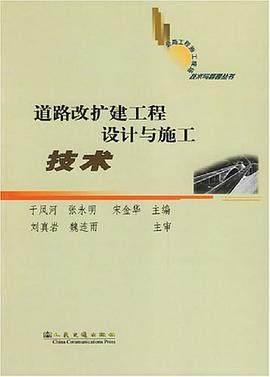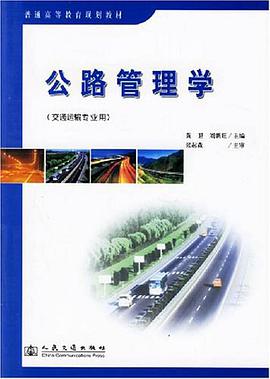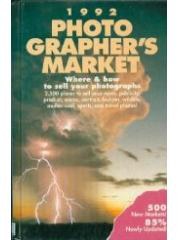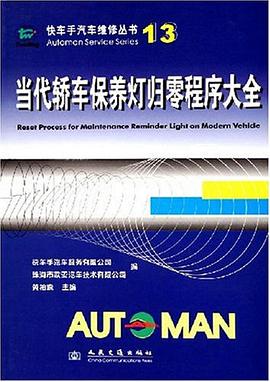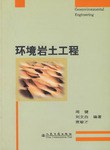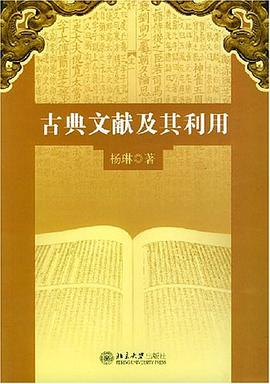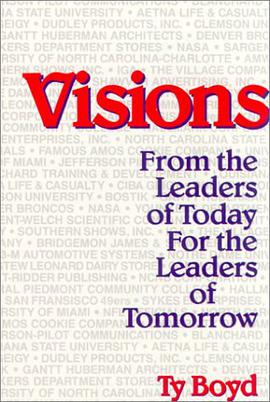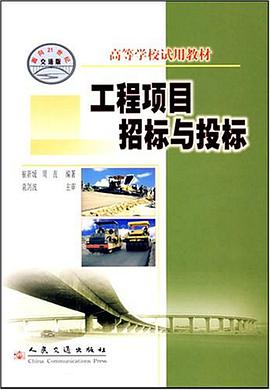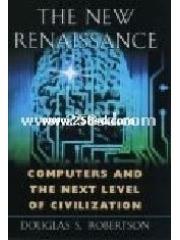

具体描述
Amazon.com Douglas Robertson knows perfectly well that trying to predict the future is difficult enough at any time. In a period of extreme technological change, with great social change fast on its heels, accurate prediction is a dice toss at best. But that doesn't stop him from trying to convey the scope of changes coming. In The New Renaissance, Robertson begins by looking at how previous, pivotal communications advancements have remade society. He considers, for example, the revolutions that came about with the creations of language, writing, and printing. He argues that advances in scientific theory--from mathematics to cosmology--have transformed our world. He then demonstrates the increasing rate of transformation brought on by computers and concludes that the computer revolution may be the most dramatic of them all. Finally, he looks at some of the potential problems tomorrow's civilization may have to solve, while admitting that some of his speculations should be taken with a grain of salt. Will the world of dance, for example, ever be dominated by computer-generated performers of infinite grace? Perhaps not. But Robertson's goal is not to showcase the true future so much as to demonstrate the level of change coming. In that regard, he provides ample food for thought. --Elizabeth Lewis From Publishers Weekly So much printer toner has been spilled on the computer revolution that no one should be surprised to find that the future has arrived, its little green LCD eyes gleaming. We're reminded that microprocessors are found in dishwashers, VCRs and wristwatches, and that home banking, cellular phone communication and inventory control at the grocery check-out counter are electronically mediated. Good stories could certainly be found in the details?growth of computer crime, use of computers in dance, computers as aids to the handicapped and much more, but University of Colorado geologist and environmentalist Robertson doesn't really flesh these topics out, preferring to spend more time on theory. He divides civilizations into five levels based on how they handle information (0 is pre-language; 1, language; 2, writing; 3, printing; and 4, computers) and draws comparisons. For example, modern accelerator experiments in high-energy physics generate in five minutes as much data as was in the whole Library of Alexandria in the 3rd and 4th centuries AD. He also discusses mathematical paradoxes and the limits to scientific knowledge, advocates the use of "quartal" rather than our out-moded decimal number system, and lays out requirements for a stripped-down "universal language." He believes that instructional computer games will revitalize education, and that famine, pestilence, poverty, war, illiteracy and tolerance can be reduced with a massive influx of information. Which would be nice, but seems a little naive. Copyright 1998 Reed Business Information, Inc. See all Editorial Reviews
作者简介
目录信息
读后感
评分
评分
评分
评分
用户评价
这本书的封面设计得非常引人注目,那种深邃的蓝色调和抽象的几何图形,一下子就将你拉入一个充满未来感的氛围之中。我记得我是在一家独立书店的角落里发现它的,当时就被书名中“新文艺复兴”这个大胆的提法所吸引。我本以为它会是一本侧重于技术细节的硬核科普读物,毕竟“计算机”这个词就在标题里晃眼。但翻开第一页,那种文字的流动性,那种对历史进程的宏大叙事视角,立刻让我意识到,这远不止是一本关于二进制代码的书。作者的笔触充满了激情,他似乎在邀请我们进行一场深入灵魂的对话,探讨的不是芯片的升级换代,而是人类文明的下一次飞跃是否已经被数字的洪流所定义。读完前几章,我感觉自己仿佛站在了米开朗基罗雕刻大卫像的脚下,只是这次的“文艺复兴”不再是重拾古典之美,而是用硅基的逻辑重新构建我们对真理、美和存在的理解。那种思想的张力,让我在通勤的地铁上都忍不住停下手里的工作,只是为了消化其中关于“信息即存在”的那种哲学思辨。这本书的结构设计也颇为巧妙,它没有采用传统的线性叙事,而是像一幅精密的拼图,将社会学、哲学、艺术史与前沿科技的碎片有机地结合在一起,形成了一个令人震撼的整体图景。
评分我是一个对社会变迁极其敏感的观察者,尤其关注那些潜移默化的文化断层。因此,当我拿起这本书时,我更关注的是它如何描绘技术对人类集体无意识的影响。这本书的论述方式非常狡黠,它很少直接给出“结论”,而是通过一系列精妙的类比和历史的回溯,引导读者自己得出那些令人不安或振奋的推论。比如,作者对比了印刷术革命与互联网的爆发,他探讨的不是信息传播的效率差异,而是这种效率的激增如何重塑了我们的“注意力经济”的底层逻辑,以及这种逻辑如何反过来雕刻我们的道德观和政治结构。我尤其欣赏作者在处理技术伦理问题时的克制与深刻,他没有陷入那种老生常谈的“技术万能论”或“技术恐惧症”的二元对立,而是将焦点放在“界面”本身——我们与机器交互的那个微妙的边界,是如何成为定义“人”的新战场。全书充满了对“意义危机”的探讨,当算法开始比我们更了解自己的需求时,我们剩余的自由意志究竟在哪里?这本书没有提供简单的答案,但它提供的视角,却像一把锋利的手术刀,精准地切开了当代社会肌理中那些最敏感的神经。
评分从文学性的角度来看,这本书的语言风格简直是一场盛宴。它完全打破了我对技术类书籍那种刻板、干燥的预期。作者的文字功底扎实得惊人,他能将复杂的数学概念转化为富有诗意的画面,将晦涩的理论用日常的隐喻包裹起来,使其平易近人,却又不失深度。我读到某些段落时,那种感觉就像是阅读一本优美的散文集,充满了节奏感和韵律美。有一处描述人工智能如何“学习”情感的段落,作者引用了某位中世纪诗人的十四行诗进行对照,那种跨越时空的对话感,让我拍案叫绝。它成功地做到了将“硬核”与“柔软”完美融合,让一个对编程一窍不通的读者也能跟上作者的思路,并且被其思想的广度和深度所折服。我甚至会不自觉地停下来,反复咀嚼某些句子,感受它们在舌尖上的回味。这本书的价值,或许不仅仅在于其提出的论点,更在于它向我们展示了——如何用一种充满人文关怀和审美情趣的方式,去谈论冰冷的机器与逻辑。
评分坦白说,我最初对这类宏大叙事题材的书是抱持着怀疑态度的,总觉得它们容易流于空泛和自我拔高。但这本书在构建其“下一个文明层级”的模型时,展现出了惊人的细节支撑。作者似乎对不同领域的最新进展都有着非常细致的掌握,他不是泛泛而谈“大数据”或“元宇宙”,而是会深入到具体的算法框架、能源消耗模式,甚至是数据存储介质的物理限制来论证他的观点。这种严谨的“落地性”,使得全书的说服力大大增强。我特别留意了其中关于去中心化技术对现有权力结构冲击的分析,作者没有用过分乐观的态度,而是冷静地分析了技术本身固有的“中心化倾向”——即便是追求自由的工具,也可能在无意中催生出新的垄断者。这种多维度的审视,避免了将技术浪漫化或妖魔化的倾向,使得整本书的论述显得既有远见又脚踏实地,让人在阅读过程中,不断地进行自我修正和深入思考。
评分这本书带来的最持久的影响,是一种对“时间感”的重塑。在快节奏的当下,我们习惯于以季度或年度来衡量进步,而这本书强迫你跳出这个狭窄的框架,将计算机时代的崛起置于数千年的人类文明史中去衡量。它带来的不是焦虑,而是一种奇特的宁静——一种理解了自己所处时代必然性的平静。作者对“延迟满足”和“长期主义”在数字时代如何被异化或重塑的探讨,是我近年来读到的最有洞察力的分析之一。读完之后,我发现自己看新闻报道时的心态都变了,不再仅仅关注突发的热点,而是开始去探究每一个热点背后的底层逻辑和长远影响。这种思维方式的转变,是任何一本单纯的技术指南都无法给予的。它提供了一种哲学上的锚点,让我们在信息洪流中,依然能把握住文明航船的方向盘,尽管船帆已经被新的风力系统所驱动。这是一本需要反复品读、并会随着你的阅历增长而呈现出新意的作品。
评分 评分 评分 评分 评分相关图书
本站所有内容均为互联网搜索引擎提供的公开搜索信息,本站不存储任何数据与内容,任何内容与数据均与本站无关,如有需要请联系相关搜索引擎包括但不限于百度,google,bing,sogou 等
© 2026 onlinetoolsland.com All Rights Reserved. 本本书屋 版权所有

